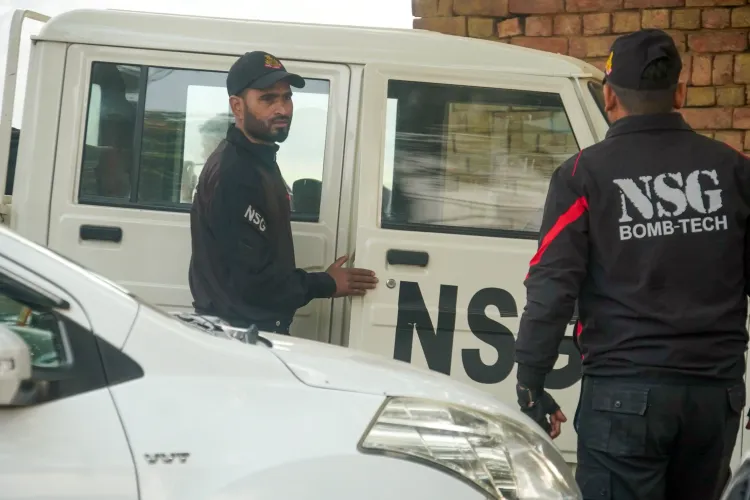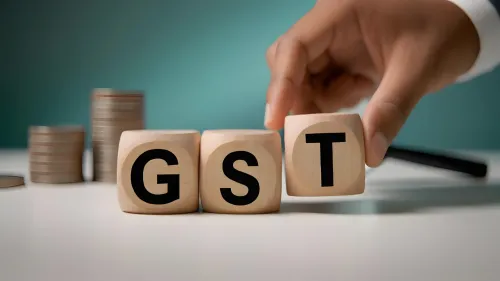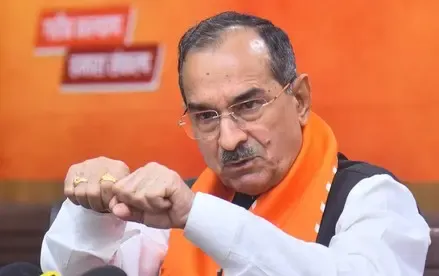How is India Responding to the Radicalisation Threat After the Faridabad Incidents?

Synopsis
Key Takeaways
- Radicalisation is a pressing challenge for India.
- A nationwide crackdown is being initiated.
- The threat of self-radicalisation is particularly concerning.
- Intelligence agencies are focusing on online propaganda.
- Southern states are experiencing a surge in radicalisation activities.
New Delhi, Nov 27 (NationPress) The issue of radicalisation poses a significant challenge for India, as highlighted by Intelligence Bureau officials who have indicated an urgent need for decisive action. The recent dismantling of the Faridabad module, coupled with the Red Fort blast that resulted in 13 fatalities the following day, underscores the alarming level of radicalisation among its members.
An official from the Intelligence Bureau stated that a comprehensive national offensive against this issue is necessary.
This challenge is not confined to particular areas, but affects the entire country.
Radicalisation in India manifests in two primary forms: one is through designated modules and groups.
The second, and more perilous form, involves youths who are self-radicalised, representing a far greater threat than the first.
Officials specializing in cyber security have been assigned to eliminate propaganda available online.
In a series of high-level discussions in New Delhi, it was resolved that the issue of radicalisation must be addressed with utmost urgency, leading to operations both on the ground and in the digital realm.
Numerous madrasa teachers and clerics are presently under scrutiny from intelligence agencies, with efforts underway to identify those who actively participate in radicalising youth, likely resulting in numerous arrests shortly.
Close monitoring is also being conducted on clerics operating internationally, particularly those linked to Pakistani agencies aiming to radicalise Indians.
Experts note that self-radicalised individuals pose a more significant danger, as they tend to be more resolute and lethal compared to those influenced by external forces.
For instance, the members of the Faridabad module were largely self-radicalised, choosing to act independently without waiting for outside assistance.
They utilized their earnings as medical professionals to acquire materials such as ammonium nitrate and other chemicals.
While they were affiliated with a module inspired by Jaish-e-Mohammad, their operational methods closely mirrored those of the Islamic State.
Another official remarked that the Home Ministry is resolute about dismantling modules engaged in radicalisation, specifically directing officials to concentrate on eradicating online propaganda.
This initiative will be ongoing, as terrorist groups continually refresh their content aimed at radicalising individuals.
Earlier this week, during the crackdown, a certain Maualana Samshul Huda Khan, a government-recognised madrasa teacher from Azamgarh, Uttar Pradesh, was identified. Despite receiving a government salary and medical benefits, he opted for voluntary retirement.
The investigation revealed that he resided in the United Kingdom and held British citizenship, with ties to a religious group based in Pakistan, and was actively involved in radicalising individuals in India.
Intelligence agencies are also intensively monitoring southern states after warnings about extensive radicalisation efforts in those regions. States like Kerala and Tamil Nadu are significantly affected, largely due to Wahhabi influences.
For years, the system overlooked the activities of preachers from Saudi Arabia who visited these states, facilitating widespread radicalisation. Agencies have cautioned that such drives could be reignited with the intent of targeting southern regions.
The investigation into the Faridabad case revealed plans to establish similar units across various regions of the country.









